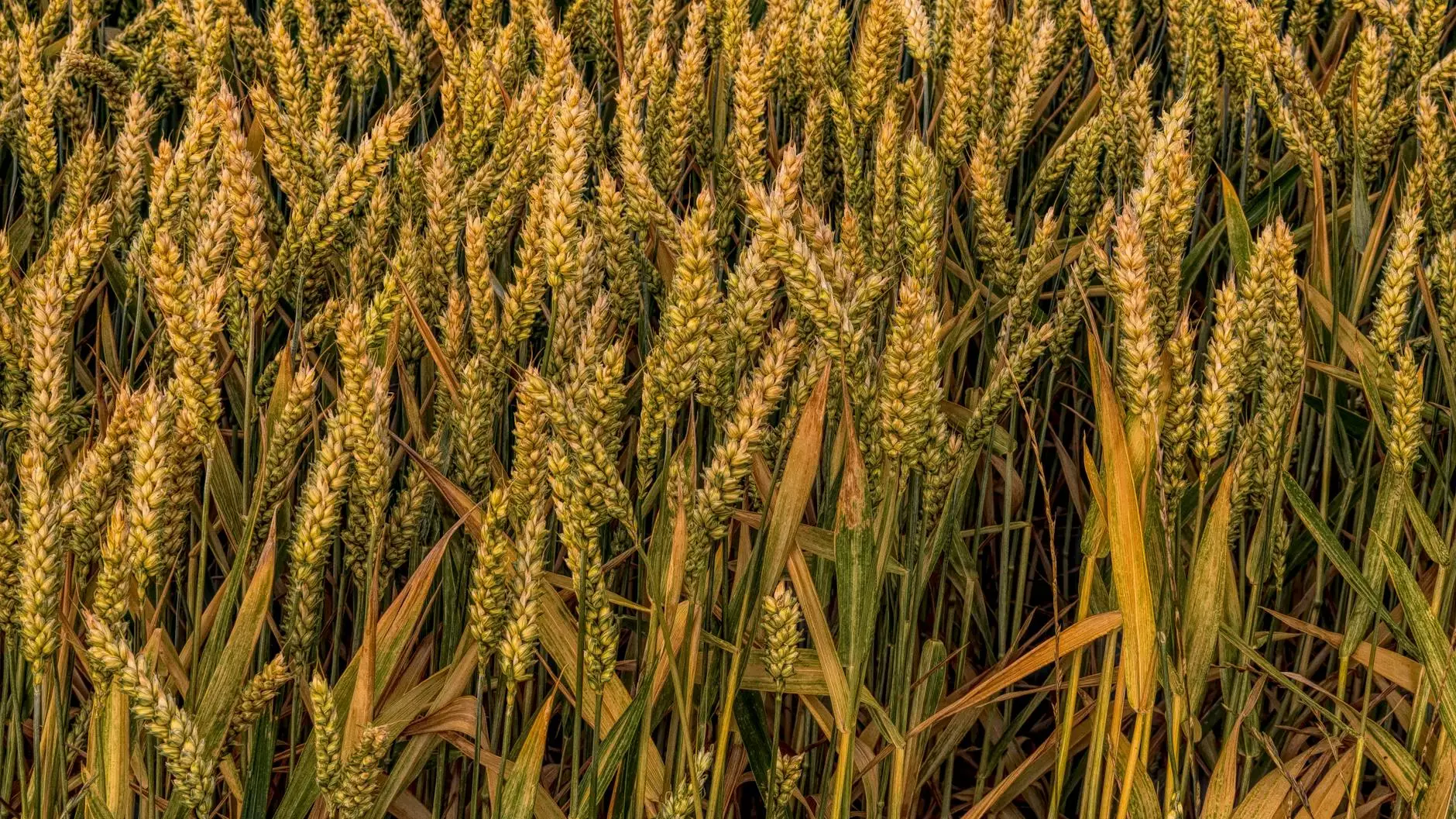The Importance of Spiral Freezers in the Food Processing Industry

In the fast-paced world of food processing, efficiency and quality are paramount. One of the most innovative solutions that businesses can invest in is the spiral freezer. This technology not only enhances production capacity but also ensures the preservation of food quality, making it a vital component for companies like First Cold Chain.
What is a Spiral Freezer?
A spiral freezer is a specialized refrigeration unit designed for the rapid freezing of various food products. The design features a continuous spiral conveyor belt that transports products through a cold air chamber, allowing for uniform exposure to freezing temperatures. This method optimizes freezing efficiency and minimizes product damage.
Key Features of Spiral Freezers
- High Efficiency: Spiral freezers use advanced technology to freeze food quickly, which helps in maintaining quality and texture.
- Space-Saving Design: The vertical arrangement of the spiral conveyor maximizes space, ideal for facilities with limited floor area.
- Energy Conservation: These units are designed to consume less energy while providing optimal freezing solutions.
- Versatility: They can accommodate a wide variety of products, from meat to baked goods, making them suitable for diverse businesses.
Benefits of Using Spiral Freezers in Food Processing
1. Enhanced Food Quality
The rapid freezing capability of spiral freezers significantly reduces the size of ice crystals formed. Smaller ice crystals preserve the structure of the food, preventing damage and ensuring that the original flavor and texture remain intact. This is particularly important for high-quality products where consumer demand is tied to sensory attributes.
2. Improved Operational Efficiency
By streamlining the freezing process, spiral freezers allow companies to increase their production rates without compromising on quality. Foods can be prepared for shipment faster, which can lead to increased profitability and customer satisfaction.
3. Reduced Product Loss
With traditional freezing methods, there’s often a significant amount of product loss due to freezer burn and other quality issues. The even freezing provided by spiral freezers minimizes these risks, ensuring that businesses maximize their yield and minimize waste.
4. Flexibility in Operations
Spiral freezers offer significant flexibility in terms of product range. Whether a business is freezing prepared meals, seafood, or fruits and vegetables, these units can be adapted to various needs with minimal modification. This versatility allows companies to quickly respond to changing market demands.
Choosing the Right Spiral Freezer
When considering a spiral freezer for your business, there are several factors to evaluate:
- Size and Capacity: Assess the volume of products that need to be frozen and select a freezer that meets your production capacity requirements.
- Temperature Range: Ensure that the unit provides suitable temperature control for the specific products you are freezing.
- Installation Requirements: Understand the installation space you have available. Spiral freezers require vertical room due to their design.
- Maintenance Needs: Choose a model that offers easy maintenance to minimize downtime and operational costs.
Case Studies of Successful Spiral Freezer Implementations
Case Study 1: Meat Processing Facility
A meat processing facility implemented a spiral freezer, enabling them to freeze products quickly after processing. This switch not only preserved the quality of their meats but also reduced their freezing time from hours to mere minutes. The result was fresher products and an increase in sales due to higher customer satisfaction.
Case Study 2: Bakery Operations
A bakery used a spiral freezer to freeze dough and pre-baked goods. With the ability to quickly freeze items, they expanded their distribution capabilities significantly. This flexibility allowed for the introduction of new products and ultimately increased market reach.
The Future of Spiral Freezing Technology
The food processing industry is constantly evolving, and the technology behind spiral freezers is no different. Innovations such as improved heat exchange systems, automation, and environmentally friendly refrigerants are paving the way for the future.
1. Automation in Freezing
Integrating automation into spiral freezing systems can increase efficiency, reduce labor costs, and improve overall accuracy in processing. Automated systems can monitor and adjust freezing times and temperatures based on real-time data.
2. Environmental Considerations
With growing environmental concerns, manufacturers are focusing on producing energy-efficient models that use eco-friendly refrigerants. This not only helps in reducing a company’s carbon footprint but can also result in significant savings on energy bills.
Proper Maintenance of Spiral Freezers
To ensure longevity and optimal performance of your spiral freezer, regular maintenance is crucial. Here are some best practices to follow:
- Regular Cleaning: Keep the interior and exterior clean to prevent buildup that can affect performance.
- Routine Inspection: Schedule regular inspections to detect any mechanical or operational issues before they become significant problems.
- Professional Servicing: Utilize professional services for maintenance and repairs to ensure the unit operates effectively.
Conclusion: Investing in Spiral Freezers for a Competitive Edge
In the competitive landscape of food processing, investing in a spiral freezer from First Cold Chain can offer significant advantages in product quality, operational efficiency, and cost-effectiveness. Understanding the technology, benefits, and maintenance of spiral freezers will empower food processors to make informed decisions that drive their businesses forward. As the industry continues to evolve, those utilizing advanced freezing solutions will remain at the forefront of innovation in food production and preservation.









